Optimal Timing for Roofing Services
Understanding the optimal timing for roofing service is essential for ensuring quality work and longevity of the roof. Weather conditions and seasonal patterns significantly influence the effectiveness and safety of roofing projects.
Spring offers moderate temperatures and longer daylight hours, making it suitable for roofing projects. However, spring can also bring unpredictable weather, so planning is important.
Summer provides warm, dry weather ideal for roofing work. High temperatures can pose challenges, but generally, summer allows for efficient project completion.
Fall features cooler temperatures and stable weather, making it a popular time for roofing. It also allows for preparation before winter.
Winter is typically less favorable due to cold temperatures and potential for snow or ice, which can hinder roofing work and affect safety.
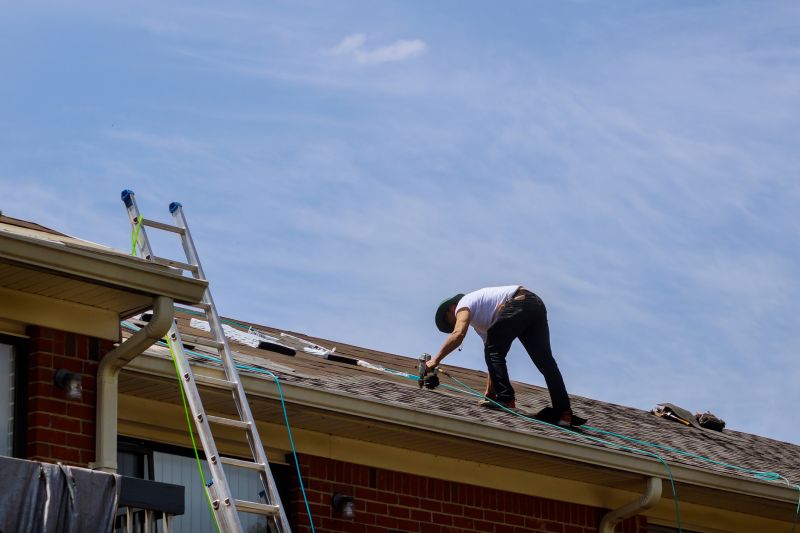
Spring's mild weather facilitates effective roofing repairs and installation.

Warm and dry summer days support efficient roofing work.
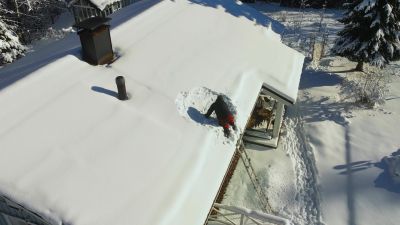
Fall allows for completing projects before winter conditions set in.

Cold weather and snow can delay roofing projects and impact safety.

Seasonal variations influence the choice of roofing materials and scheduling.
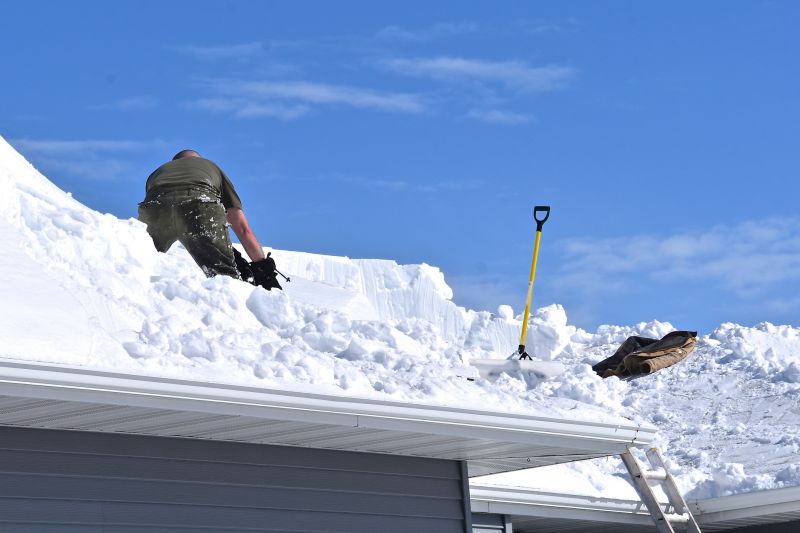
Monitoring weather patterns ensures roofing work is performed under optimal conditions.
| Season | Ideal Roofing Conditions |
|---|---|
| Spring | Moderate temperatures, some unpredictability |
| Summer | Warm, dry weather, longer daylight |
| Fall | Cool temperatures, stable weather |
| Winter | Cold, potential snow and ice |
Roofing service involves the installation, repair, and maintenance of roofing systems to protect structures from weather elements. Proper timing ensures that repairs or installations are durable and effective. Seasonal considerations impact material selection, scheduling, and safety protocols, making it essential to plan projects during favorable weather conditions.
Statistics indicate that scheduling roofing work during spring and fall can reduce delays caused by weather disruptions. Additionally, these seasons often provide optimal temperatures for roofing materials to set and adhere properly, extending the lifespan of the roof.
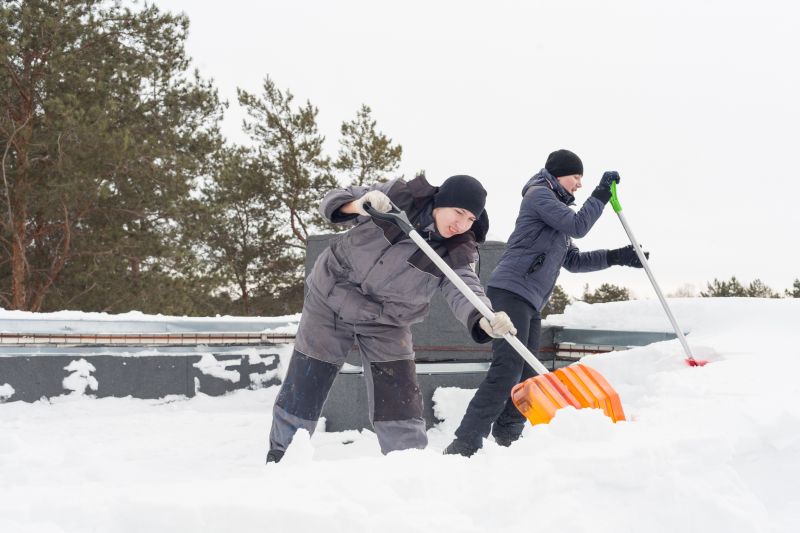
Spring offers ideal conditions for roofing projects with moderate weather.
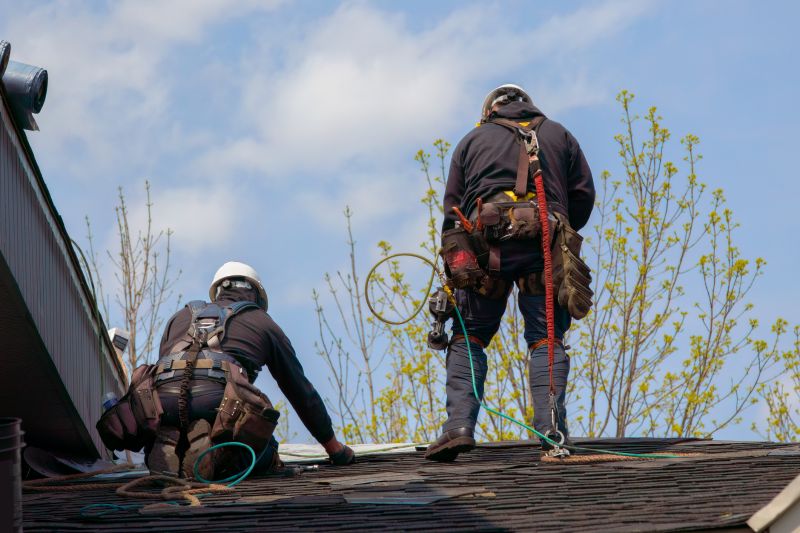
Summer's warm, dry days support efficient roofing work.
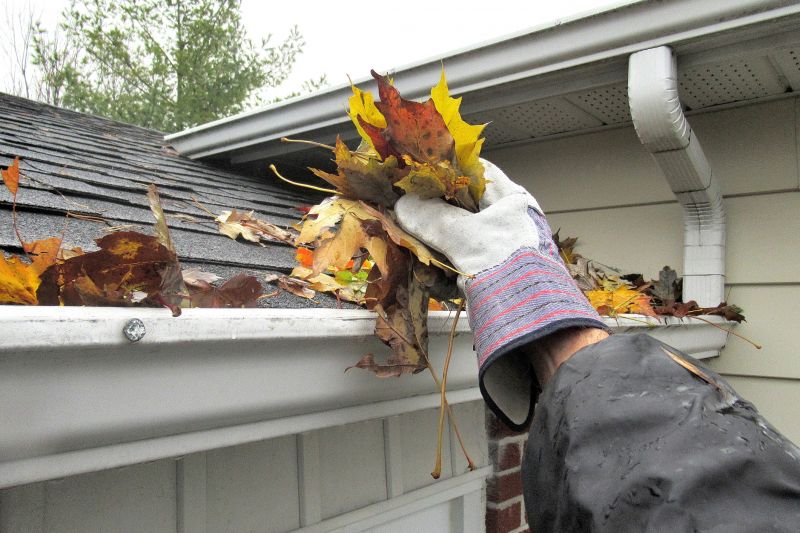
Fall provides cooler temperatures and stable weather for roofing.
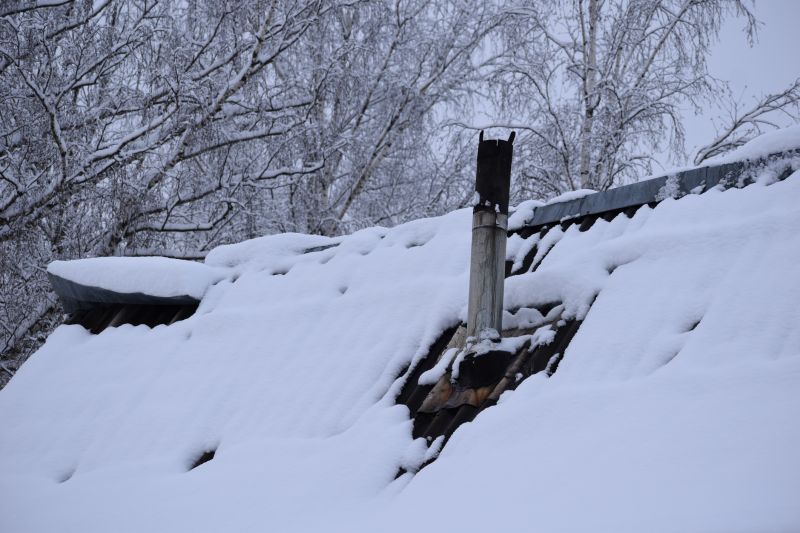
Winter presents challenges with cold, snow, and ice.
Individuals interested in scheduling roofing services are encouraged to contact for consultation and planning. Proper timing can enhance the quality and durability of roofing work, ensuring long-term protection for properties in Fort Smith, AR.
